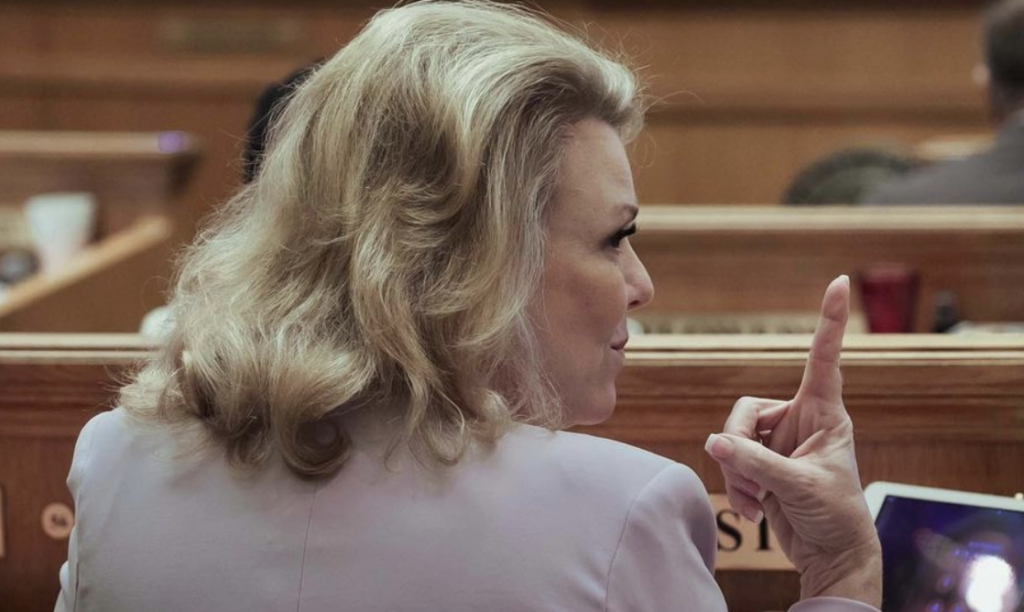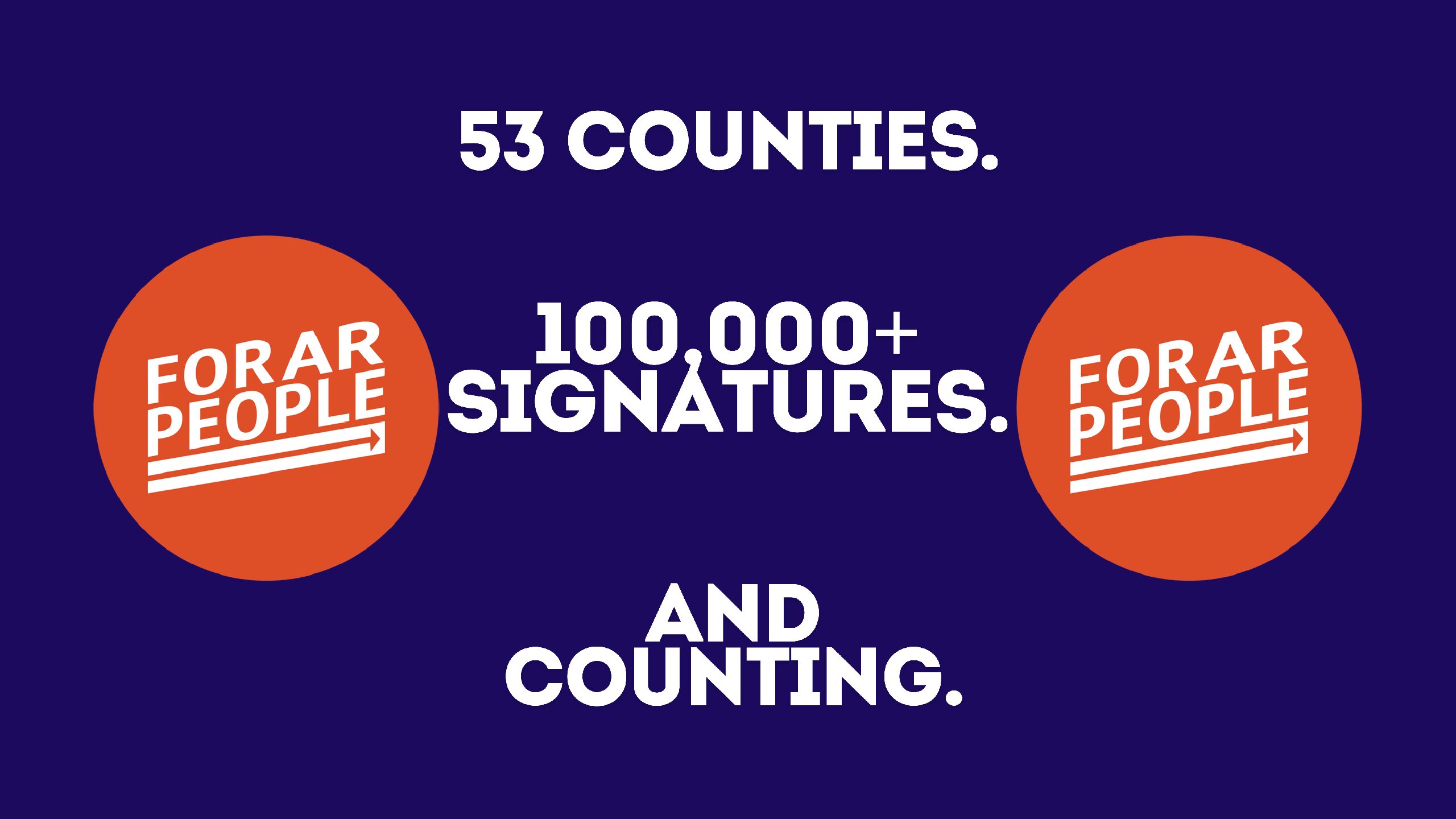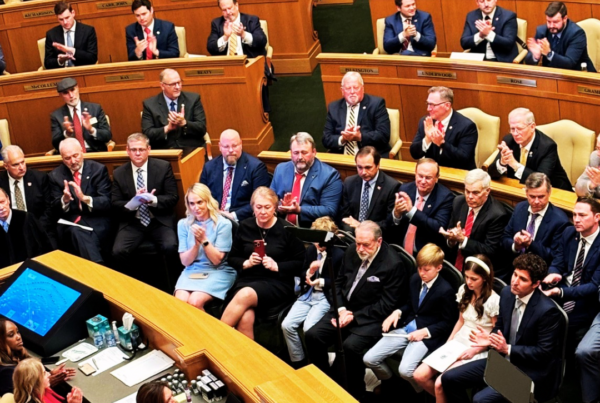TL;DR—
- We’re likely getting a special or “extraordinary” legislative session in the next couple of weeks.
- The Governor will put out a proclamation with language directing the General Assembly to take up certain issues.
- We hear the main issue will be tax cuts, but we’re watching closely about other issues rumored to be included.
Rumor has it the Arkansas Legislature will begin a special session sometime in September, which means it’s right around the corner. We’ve got everything you need to know ahead of this session.
What is a special session?
Sometimes the Arkansas Legislature needs to meet in between their required fiscal and general sessions, which happen at the beginning of alternating calendar years. When they meet outside of a fiscal session or a general session, it’s called a “special session” or “extraordinary session.”
The rules that determine under what circumstances lawmakers can meet are found in the Constitution itself.
Article 6 states:
The Governor may, by proclamation, on extraordinary occasions, convene the General Assembly at the seat of government, or at a different place, if that shall have become, since their last adjournment, dangerous from an enemy or contagious disease; and he shall specify in his proclamation the purpose for which they are convened; and no other business than that set forth therein shall be transacted until the same shall have been disposed of; after which they may, by a vote of two-thirds of all the members elected to both houses, entered upon their journals, remain in session not exceeding fifteen days.
In short, The Governor has the power to bring the legislature into session for fifteen days under extraordinary circumstances for only a specific purpose.

The Call of the Governor
Governors in Arkansas must put out a “proclamation” or a “call” for a special session to begin. The way these calls are written matters, because the Constitution requires the General Assembly to stick to the topics in the call of the Governor.
If a Governor uses “tight” language with little room for interpretation, the General Assembly has limited latitude with which to take up issues. Former Governor Mike Beebe was known for this type of proclamation language. Beebe would call the session only after the bills and the members’ votes were secured. The language was laser-focused because the work was done before the legislature convened. The result of this approach was more predictability and fewer surprises in special sessions, which is generally a good thing.
Former Governor Asa Hutchinson, by contrast, kept his proclamation language more open to interpretation. When this open-ended language met with a contentious, extremist legislature at the end of 2021, we saw members dueling over whether or not certain new bills were “germane to the call.” These members knew their bills were outside of the realm of Hutchinson’s intended purpose of the special session, but they didn’t care. In fact, many members in the farthest right of their party were eager to bend the rules to pass legislation in spite of the Governor’s desire to keep the session focused, and they used his loosey-goosey words to do it.
The First Sanders Special Session
The only issue that’s almost certain to be on the Governor’s call is tax cuts. We know that the tax cuts that have come from the Arkansas legislature have historically benefited corporations and the ultra-wealthy. The average Arkansan is left behind when lawmakers are beholden to the already-rich and increasingly powerful.
Rumors are circulating that there will be other issues on the call, and boy, are they interesting. Some possibilities we’re hearing about include:
- FOIA attacks — laws to scale back the transparency required by Arkansas’s Freedom of Information Act. This would be bad for Arkansas, full stop.
- Anti-trafficking — laws to prevent and deter human trafficking. This is an important and complex issue that must be handled with data-driven decision making, not disinformation or fear-mongering. If it comes up, we hope to see some productive work done here.
- LEARNS Act cleanup — improving upon the education overhaul forced into law in the 2023 General Session. Rumor has it lawmakers are hearing from their local school districts that LEARNS is bad for schools. For a while, legislators were saying changes could wait until fiscal session but it seems the pressure is on and they’ve decided to move more quickly. The omnibus bill was rushed into law without compromise from the supermajority. Folks from all over the state were asking the legislature to slow down the passage so that important changes could be made, but Arleg didn’t listen. Now taxpayers will get to fund a special session so the General Assembly can clean up its mistakes.
We’ll be paying close attention to the special session talk in the coming days. When the call is out, we’ll be ready to report on what to watch.





